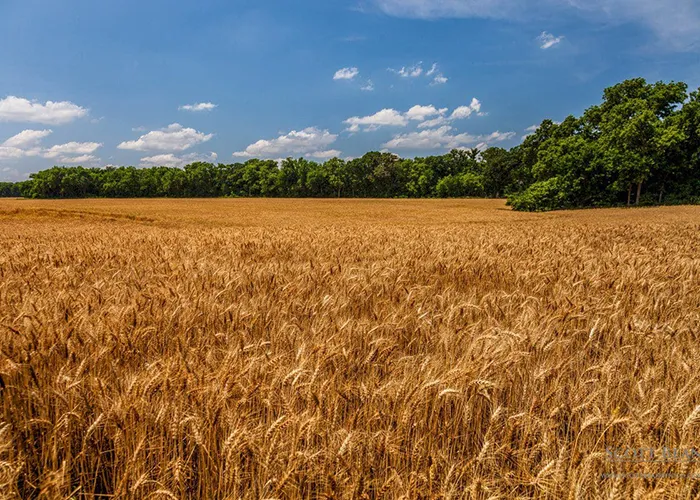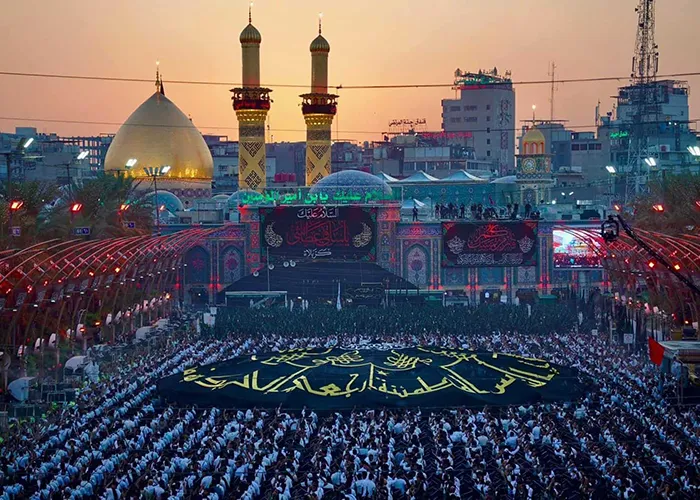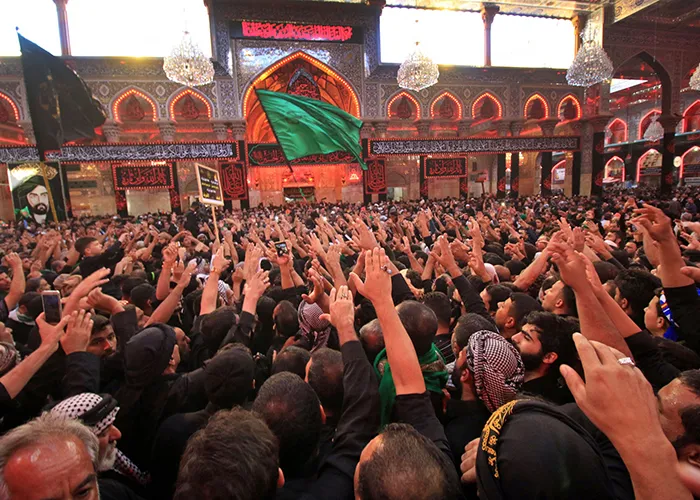Ayah Of The Week – Volume02 Issue16
“He Brought You Forth from the Earth” – A Divine Call to Protect and Cultivate the Planet
Introduction
22nd April is recognised internationally as Mother Earth Day. It is a day that brings global attention to the state of our planet—an urgent reminder that the Earth, our shared home, is in crisis. Oceans are filling with plastic and turning increasingly acidic. Extreme weather events — heatwaves, wildfires, and floods — are affecting millions across the world. Forests are disappearing at a rate of 10 million hectares each year—an area larger than Iceland. Scientists estimate that one million species of animals and plants are at risk of extinction. These troubling statistics are not just environmental issues; they are moral and spiritual challenges that require a values-based response.
Well before the modern environmental movement, the Holy Qur’an set forth a foundational perspective on the Earth and humanity’s responsibility toward it. One particularly powerful verse from Surah Hud sheds light on both our origin and our duty:
هُوَ أَنْشَأَكُم مِّنْ الْأَرْضِ وَاسْتَعْمَرَكُمْ فِيهَا
“He brought you forth from the Earth and settled you upon it to cultivate it.”
— Surah Hud (11:61)
This verse not only acknowledges our physical creation from the Earth but also entrusts us with a divine mission: to develop, maintain, and protect the Earth as caretakers under Allah’s command.
The Relevance of the Qur’an Today
This verse—هُوَ أَنْشَأَكُم مِّنْ الْأَرْضِ وَاسْتَعْمَرَكُمْ فِيهَا—is more than a historical statement; it is a divine directive with urgent relevance today. In a time of climate breakdown and ecological destruction, returning to the Qur’an offers clarity and purpose. Its teachings provide not only spiritual depth but also practical guidance for individuals and communities striving to live ethically, responsibly, and in harmony with creation.
The verse carries profound educational messages for every segment of society. It calls on each of us—young or old, religious leader or parent—to recognise our role as stewards of the Earth and to live up to the responsibility with which Allah SWT has honoured us.
Educational Messages of this Ayah for Teenagers and Young Adults
- Your Origin Is the Earth – Honour Your Roots
We are not separate from nature; we are part of it. Just as we show respect for our parents, we must show gratitude and care for the Earth that gave us life. Pollution and destruction are acts of ingratitude toward the source of our being.
Practical Challenge:
Start a personal journal for one week documenting your environmental habits. Identify at least two actions you can change to show more respect to the Earth.
- Taking Care of the Planet Is a Divine Assignment
Caring for the environment is not just good behaviour—it is a religious obligation. From recycling to reducing water usage, every action counts as fulfilling Allah’s trust.
Practical Challenge:
With your local youth group or school friends, organise a small clean-up event in your neighbourhood or local park.
- Your Role in Building a Sustainable Future
The phrase “وَاسْتَعْمَرَكُمْ فِيهَا” – “and settled you upon it to cultivate it” – is a clear invitation to youth to see themselves not just as inhabitants of the Earth, but as builders of its future. As inheritors of this responsibility, you are called to be creative, innovative, and ethical in addressing environmental challenges. Whether through science, activism, or daily habits, your contribution is part of a greater moral mission.
Practical Challenge:
Research an eco-friendly technology or sustainable solution and share it with your friends or community. Think of ways it could be applied locally or promoted through youth-led initiatives.
Educational Messages of this Ayah for Parents
- Model Earth-Conscious Living Through Daily Habits
Children learn values best through lived example. When parents consistently show care for the environment—by reducing waste, reusing items, and conserving resources—they give silent yet powerful lessons in Islamic responsibility. Living in accordance with “وَاسْتَعْمَرَكُمْ فِيهَا” turns daily tasks into acts of worship.
Practical Challenge:
Let your children see you compost, recycle, or reduce plastic use—then explain why it matters in light of the Qur’anic verse.
- Involve Children in Green Family Decisions
From choosing eco-friendly cleaning products to selecting low-waste lunches, involve your children in environmentally conscious decisions at home. This builds ownership and connects real-world choices to their Islamic identity. Show them that “cultivating the Earth” (“وَاسْتَعْمَرَكُمْ فِيهَا”) includes their actions too.
Practical Challenge:
Pick one environmental goal for your household this week (e.g. no single-use plastic) and let your child help implement and monitor it.
- Teach Accountability Through Environmental Impact
Help children understand that every action has consequences—not just in their immediate surroundings, but also for the Earth. When parents guide their children to reflect on how their waste, water use, or travel choices affect the environment, they are shaping responsible and God-conscious individuals. This aligns with the divine instruction “وَاسْتَعْمَرَكُمْ فِيهَا”, which places the duty of care and accountability for the Earth on every human being.
Practical Challenge:
Next time your child throws something away, ask them where it will end up—and what alternative they could choose next time.
Educational Messages of this Ayah for Imams and Religious Leaders
- Highlight Environmental Care as a Religious Obligation
The phrase وَاسْتَعْمَرَكُمْ فِيهَا should be emphasised in sermons and classes as a basis for Islamic environmental ethics. Explain how protecting the Earth aligns with core Islamic teachings about stewardship (خلافة) and trust (أمانة).
Practical Challenge:
Dedicate a Friday sermon to explaining the environmental messages of the Qur’an and Hadith, especially their practical relevance today.
- Reclaim Forgotten Sunnah Practices That Support the Environment
Many environmental values are already embedded in the Prophetic and Ahlul-Bayt’s tradition—such as water conservation, tree planting, and avoiding waste. Imams can revive and promote these forgotten Sunnahs as a way to spiritually inspire eco-responsibility and connect people to the natural world.
Practical Challenge:
Introduce one practice from Prophet or Ahlul-Bayt related to sustainability (e.g. planting trees, using water sparingly, recycling materials) each month in your centre and invite your community to practise it collectively.
- Address the Moral Dimensions of Environmental Neglect
Environmental harm is often discussed in technical or political terms, but Imams can highlight its moral and ethical dimensions—how greed, negligence, and arrogance lead to corruption on Earth. The verse “وَاسْتَعْمَرَكُمْ فِيهَا” implies both responsibility and accountability before Allah SWT for what we do to His Earth.
Practical Challenge:
Host a panel or workshop at your masjid that explores the ethical and spiritual aspects of environmental care, with practical steps families can take to reduce their footprint.
Conclusion
As the world faces unprecedented ecological challenges, the words of the Qur’an shine with renewed urgency and relevance. هُوَ أَنْشَأَكُم مِّنْ الْأَرْضِ وَاسْتَعْمَرَكُمْ فِيهَا is a timeless reminder that our roots lie in the Earth and our mission is to care for it—not exploit it. Let us not wait for others to act. As Muslims, let us lead by example—by turning our faith into action and our responsibilities into opportunities for service, gratitude, and transformation.
editor's pick
news via inbox
Subscribe to the newsletter.




